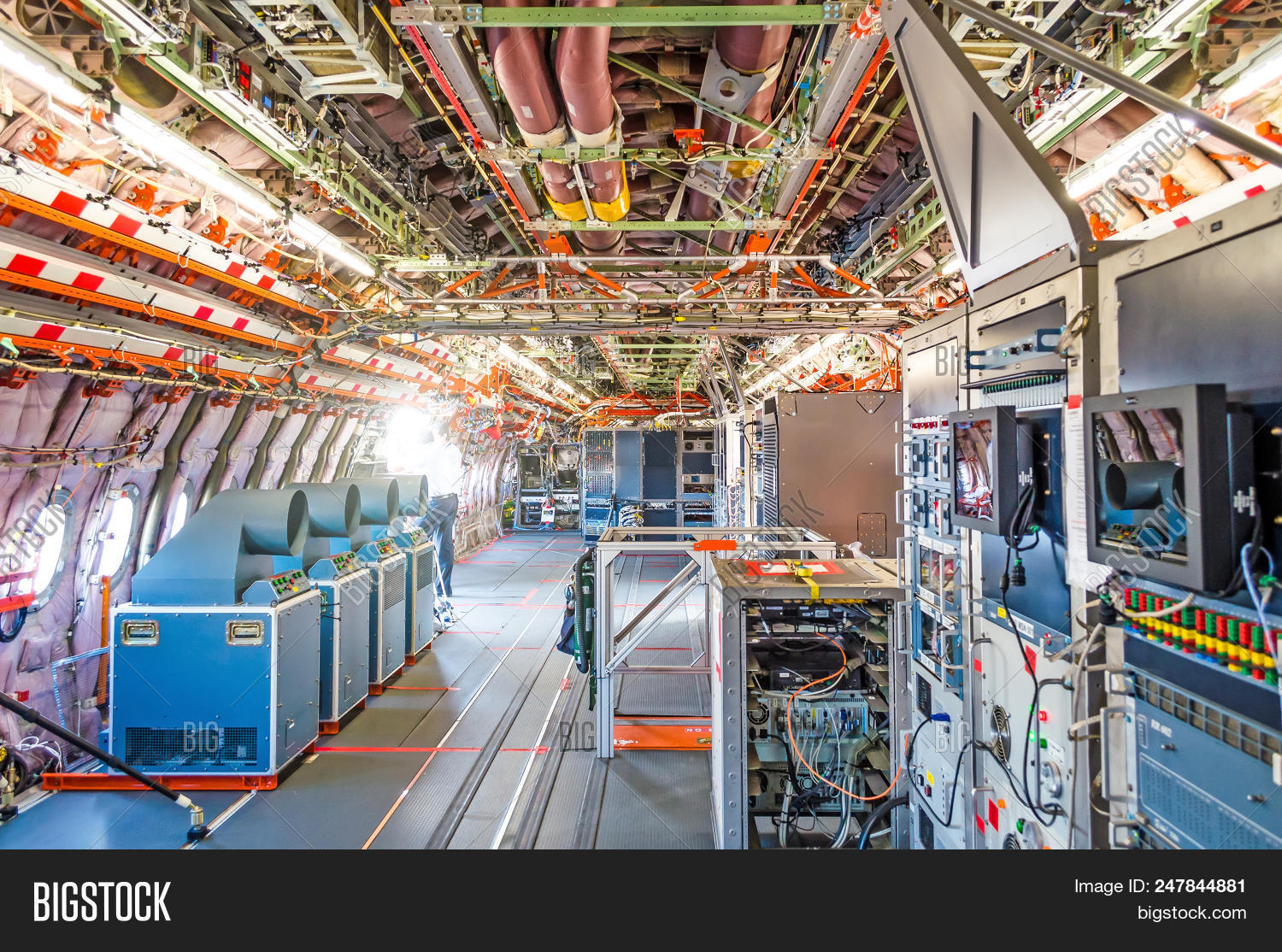With strong competition between aircraft manufacturers, ambitious environmental challenges that they face and the ever-increasing prospects of the number of air travellers in the coming years, will aeronautical test engineers become the cornerstone of the company? Before finding out about the variety of tasks that these engineers perform and the skills sought by employers, let’s take a look at the main things that they can do.
Unlimited needs
Whether employed or independent, aeronautical test professionals develop in a demanding field – the work must be carried out with extreme accuracy and within tight deadlines. The tests can concern each stage of development of the test program – from the draft planning of facilities to delivery of the system including its design. As an example, tests can involve the fuselage (main structure, rudder, substructure, landing gear, components for space systems and satellites) and the propulsion system (engine mount, fan blades, shaft, cowling, thrust reverser, helicopter blades and rotor, rocket components).
Diversity of tasks
The aeronautical test engineer will be responsible for setting up test programs, developing strategies and procedures, designing and developing test plans and performing engineering tests. In addition, he will have to ensure that the tests have met the various steps defined by the procedures and that the technical documentation has been used wisely by the various parties involved in testing such as software developers, test pilots and even customers. Once the tests are done, he will have to catalogue, document and transmit all anomalies detected, both hardware and software. He will also be responsible for assessing the progress and effectiveness of the test effort, documenting test conclusions, issuing recommendations to improve the process of software development and product manufacturing. As from these technical duties, the aeronautical test engineer may have to manage the expense budget of the tests.
Skills sought
An aeronautical test engineer – whether hired by an OEM, an aeronautical manufacturer or a subcontractor – will have to have a bachelor’s degree in engineering, ideally in aeronautics. He should also have knowledge of avionics, manufacturing processes and all design aspects; understand the operation of aircraft through drawings and presentations; understand the effect of high lift devices. In addition, the aeronautical test engineer must demonstrate teamwork and interpersonal communication skills. Customer service or project management experience is often considered an asset.
Although the future of the aeronautical test engineer seems assured, its conditions for practice are likely to be ever more difficult because of the fierce competition between competitors which, in turn, is felt in the company’s different departments related to aeronautical testing.
